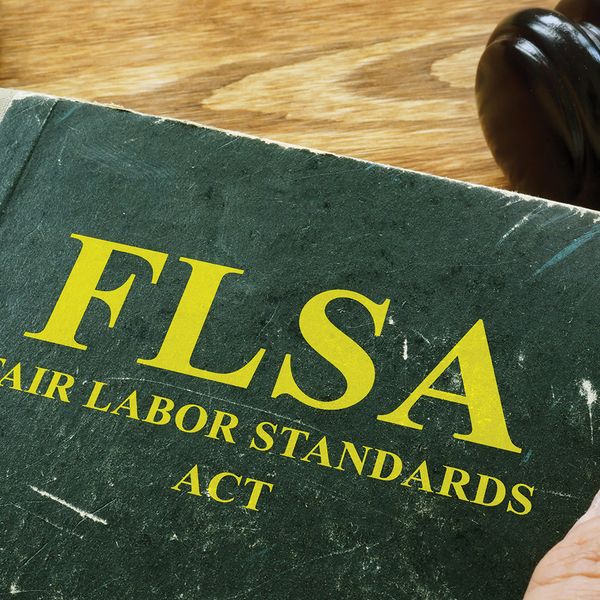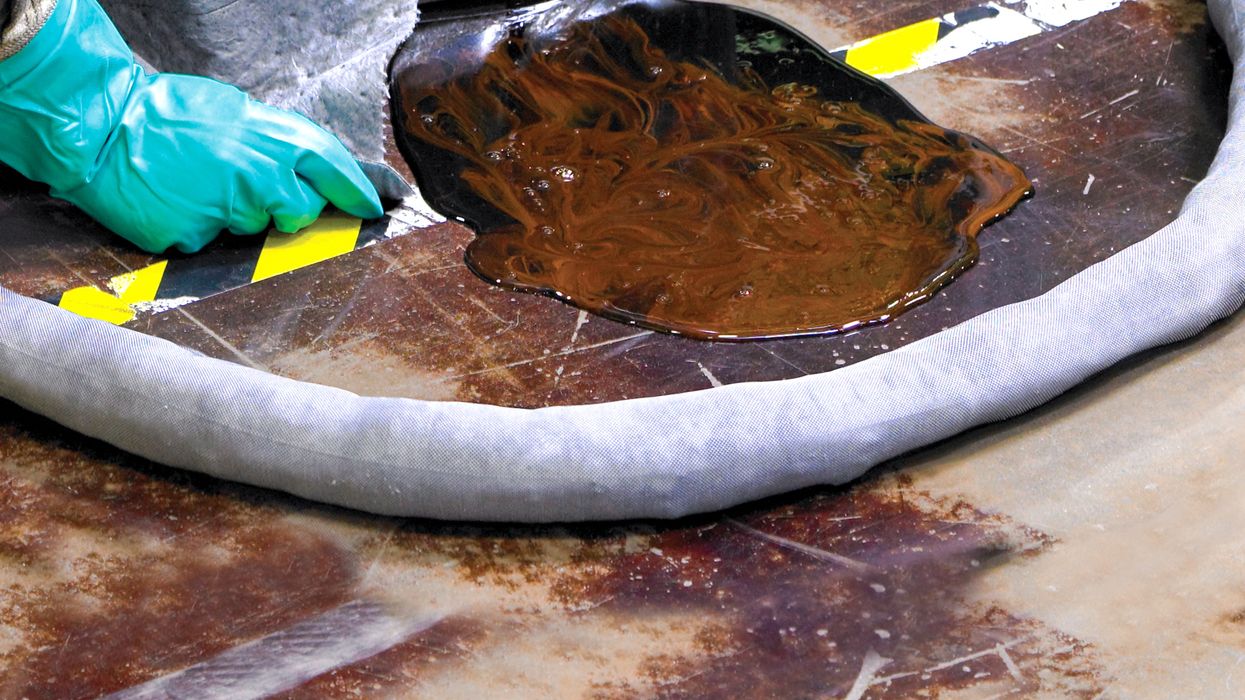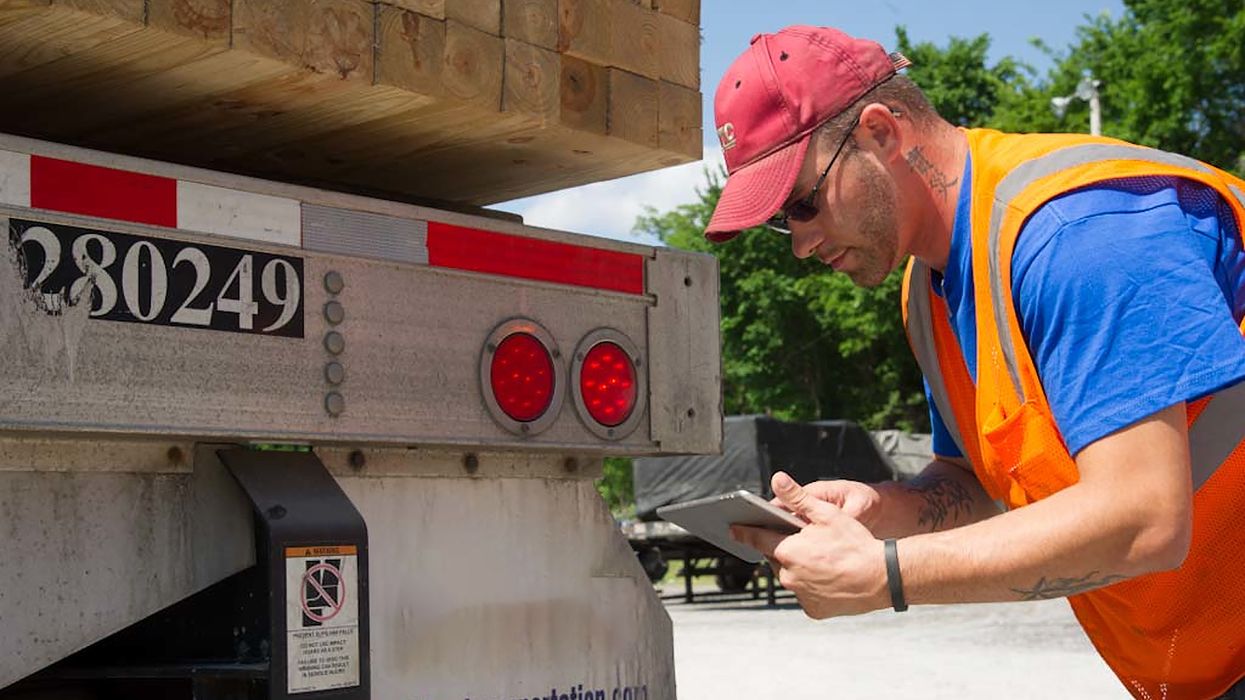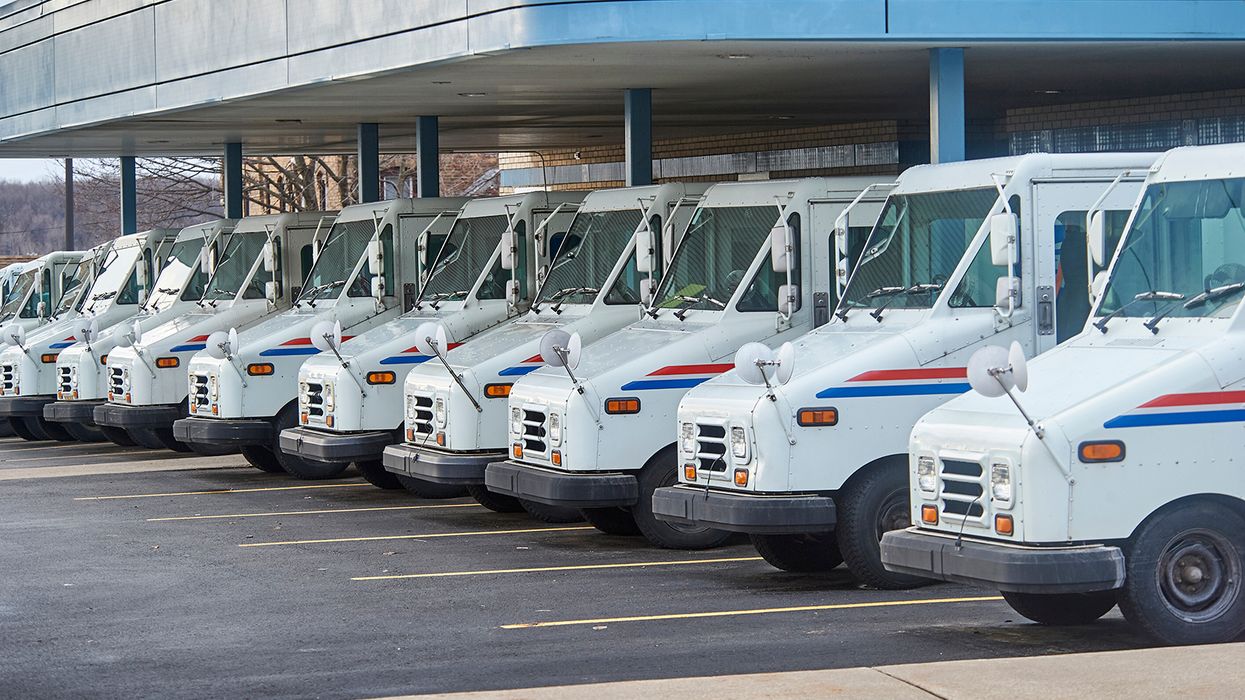Violate the FLSA? Expect 3 enforcement routes
In fiscal year 2023, the U.S. Department of Labor’s Wage and Hour Division (WHD) recovered over $274 million in back wages and damages for more than 163,000 workers nationwide under the federal Fair Labor Standards Act (FLSA). Part of this activity involved workplace investigations.
Under investigation
Employers that get a visit from the WHD might wonder what prompted the investigation and what to expect if the WHD finds violations. Employers, for example, might be the target of an employee complaint. All complaints are confidential, including the employee's name and the complaint's nature. On the flip side, the agency might not say whether a complaint exists. It could be a random check.
In addition to complaints, the WHD selects certain types of businesses or industries for investigation. The WHD targets low-wage industries, for example, because of high rates of violations or egregious violations, the employment of vulnerable workers, or rapid changes in an industry such as growth or decline.
Sometimes, the WHD will pick businesses in a specific geographic area to review. The aim of targeted investigations is to improve compliance with the laws in those businesses, industries, or localities. Regardless of the particular reason that prompted the investigation, all investigations are conducted in a certain way.
Enforcement process
The WHD makes every effort to resolve most compliance issues administratively, meaning without major consequences for the employer. If appropriate, the WHD might litigate and/or recommend criminal prosecution. Enforcement can include various routes like these three below.
- Administrative procedures:
- The WHD may supervise the payment of unpaid minimum wages and/or unpaid overtime compensation owed to any employee(s).
- In lieu of litigation, the WHD may seek back wages, liquidated damages, and civil money penalties, if applicable, through settlements with employers.
- Civil money penalties may be assessed for child labor violations and for repeat and/or willful FLSA violations, like minimum wage or overtime requirements.
- Litigation procedures:
- The WHD might file a lawsuit in U.S. District Court on behalf of employees for back wages and an equal amount in liquidated damages.
- The WHD might seek an injunction to stop employers from continuing to violate the law, including the unlawful withholding of proper minimum wage and overtime pay, failure to keep proper records, and retaliation against employees who file complaints and/or cooperate with the agency.
- The WHD might seek an order for payment of civil money penalties from a U.S. Department of Labor Administrative Law Judge where appropriate.
- An employee may file a private suit to recover back wages, liquidated damages, attorney’s fees, and court costs. In such a case, the WHD will not seek the same back wages and liquidated damages on that employee’s behalf.
- Criminal prosecution:
- Employers who have willfully violated the law may be subject to criminal penalties, including fines and imprisonment.
Key to remember: Employers that violate the FLSA risk a variety of enforcement efforts, including investigation, litigation, backpay, and damages.





















































